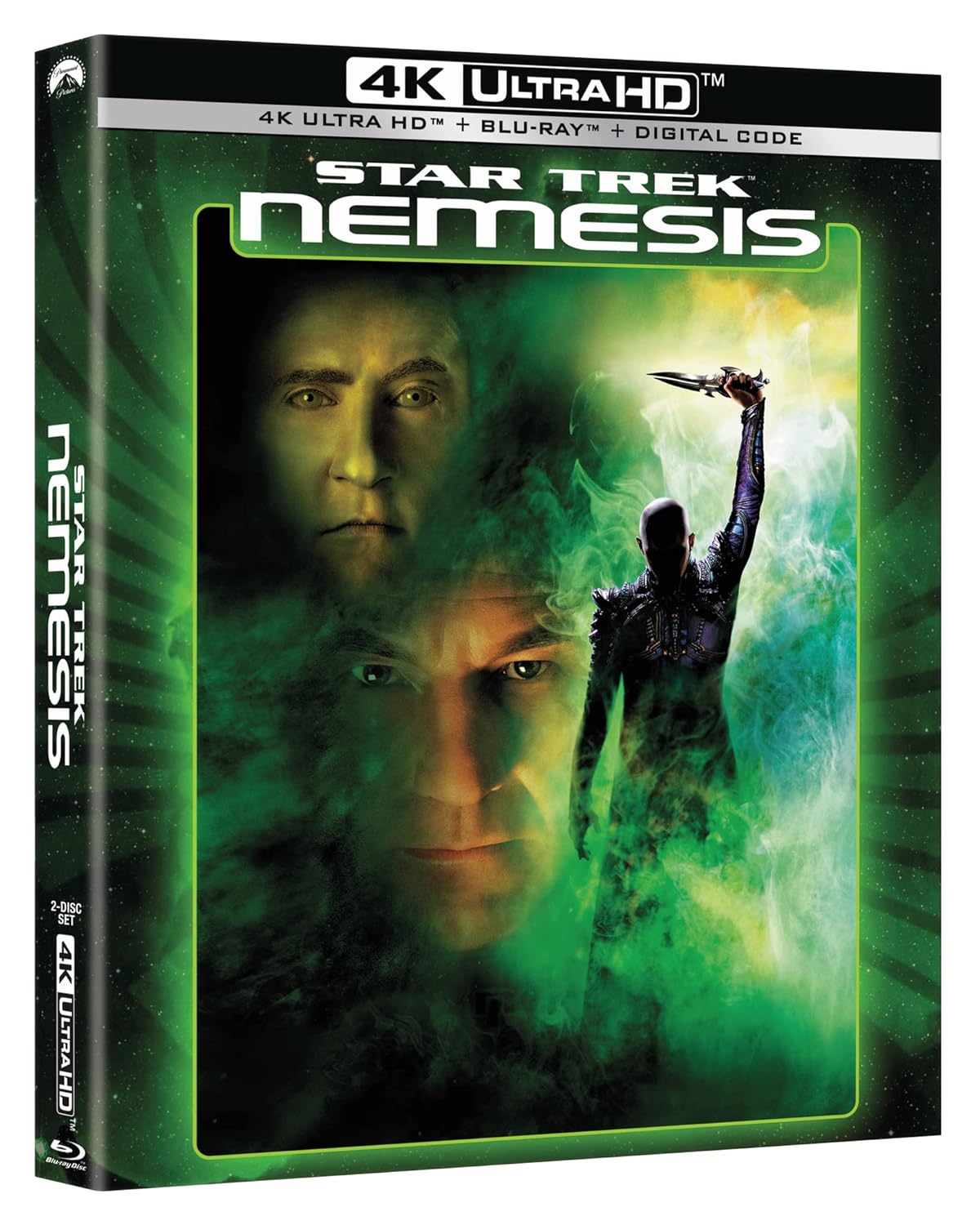 Spall, Timothy. "Be not afeard." By William Shakespeare. Closing Ceremony. Olympics, London, 2012. Dir. Kim Gavin. 12 August 2012.
Spall, Timothy. "Be not afeard." By William Shakespeare. Closing Ceremony. Olympics, London, 2012. Dir. Kim Gavin. 12 August 2012. A quotation from The Tempest figured largely in the Opening Ceremony of the 2012 Olympics (for which, q.v.). The same quotation made its way into the Closing Ceremony—this time read by Timothy Spall in the character and after the manner of Winston Churchill.
Other Shakespeare quotes were also part of the Ceremony—printed as newspaper headlines and copy as part of the stage set (see the image above and the two images below). There were also quotations from other British authors, which sometimes led to unintentionally humorous connections. In the image above, for example, Samuel Johnson's famous words on the City of London are prominent at the top of the stage:
That's all well and good—but the most prominent quote at the bottom is from Hamlet—when he is feeling quite tired of life himself:When a man is tired of London, he is tired of life.
But that's really beside the point.To be, or not to be: That is the question.
The Shakespearean centerpiece was, once again, Caliban's "Be not afeard" speech—out of Winston Churchill by way of Timothy Spall (a version from the BBC DVD first, followed by my first effort—a clip shot from a screen):
Leaving aside the argument over whether Kenneth Branagh or Timothy Spall gave a better delivery of the lines, what are your thoughts on this? How does it change Caliban's speech to have it delivered by Winston Churchill? Does it make it more problematic? Does it change the tenor of the dream? Does it bring World War II into it?
[Note: I'm sorry about that last sentence. I remember that I was distinctly told "Don't mention the war," but I forgot.]
Let me know your thoughts in the comments below—and feel free to mention any other Shakespeare quotes you spotted during the Closing Ceremony. I didn't watch too much of it myself. When I learned that Ringo wasn't going to make an appearance, the Ceremony lost some of its interest for me.


Leaving aside the argument over whether Kenneth Branagh or Timothy Spall gave a better delivery of the lines, what are your thoughts on this? How does it change Caliban's speech to have it delivered by Winston Churchill? Does it make it more problematic? Does it change the tenor of the dream? Does it bring World War II into it?
[Note: I'm sorry about that last sentence. I remember that I was distinctly told "Don't mention the war," but I forgot.]
Let me know your thoughts in the comments below—and feel free to mention any other Shakespeare quotes you spotted during the Closing Ceremony. I didn't watch too much of it myself. When I learned that Ringo wasn't going to make an appearance, the Ceremony lost some of its interest for me.

"Now is the winter of our discontent." —Richard III

"The Rest is Silence: What a Piece of Work is a Man." —Hamlet
Click below to purchase the London 2012 Olympics discs from amazon.com
(and to support Bardfilm as you do so).























